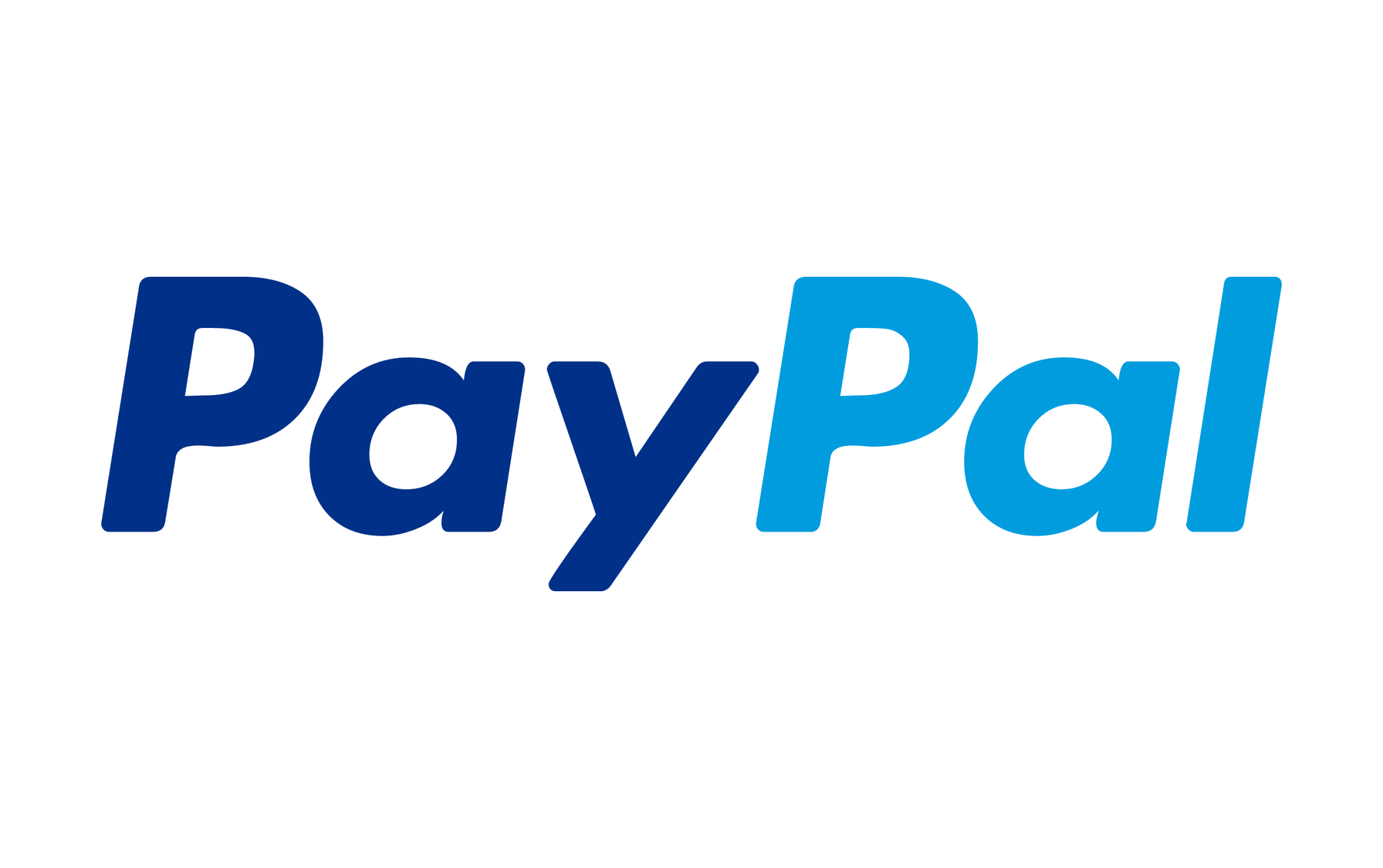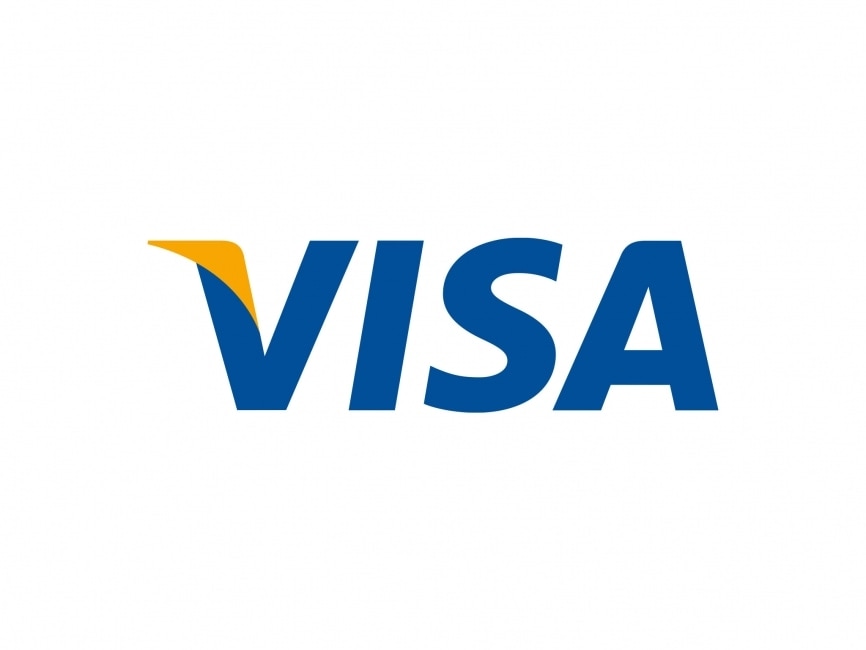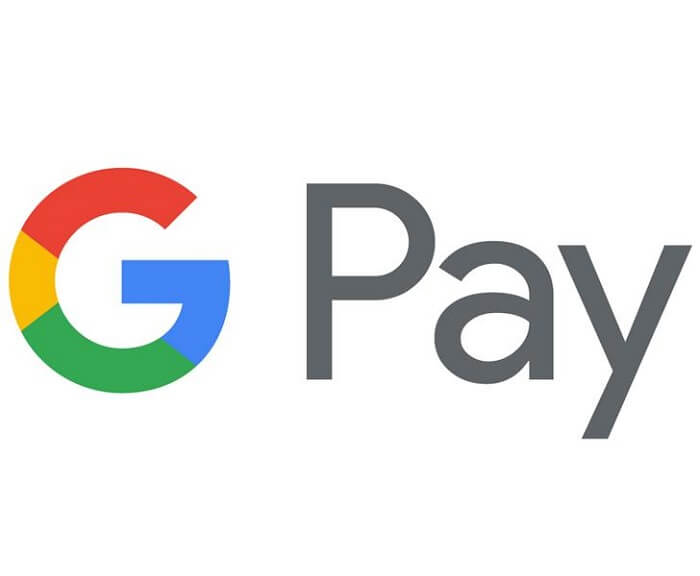-
Address
EIIN No. 1324555
Mobile : +8801311805398
Email : info@navieasoft.com
Website : http://readyschool.xyz/

A Healthy Work-Life Balance
Diversity, equity, and inclusion (DEI) in the workplace are important topics that have gained increasing attention in recent years. A diverse workforce has numerous benefits, including increased creativity and innovation, improved problem-solving abilities, and a broader range of perspectives. But simply having a diversified staff is insufficient. Companies must also ensure that they are creating an inclusive and equitable workplace where all employees feel valued and have the opportunity to succeed.
Defining Diversity, Equity, and Inclusion
The term "diversity" describes a broad range of individual differences, including but not limited to those based on racial or ethnic background, gender, sexual orientation, age, religion, physical prowess, and social level. Equity refers to fairness and the elimination of systemic barriers that prevent certain groups from achieving their full potential. Inclusion refers to the practice of actively including and valuing all individuals and their unique perspectives and experiences.
Why is DEI Important in the Workplace?
A diverse and inclusive workplace has many benefits, including improved productivity, increased employee engagement, and better decision-making. Additionally, a diverse workforce can help companies better understand and meet the needs of their customers and clients.However, the benefits of DEI go beyond just the bottom line. Creating an inclusive and equitable workplace is a moral imperative. By promoting diversity and inclusion, companies can help reduce social inequality and promote a more just society.
The Best Practices for Increasing DEI at Work
There are many ways that companies can promote diversity, equity, and inclusion in the workplace. Some best practices include:
Diversity in Hiring - Companies can ensure they are creating a diverse workforce by implementing practices that encourage diversity in hiring. This includes using diverse job postings, actively recruiting from diverse sources, and eliminating any unconscious bias in the hiring process.
Training and Education - Companies can provide training and education to employees to help them understand the importance of DEI and how they can contribute to a more inclusive workplace.
Inclusive Workplace Policies - Companies can implement policies that promote equity and inclusion, such as providing equal pay for equal work, flexible work arrangements, and accommodating employees with disabilities.
Employee Resource Groups - Employee resource groups (ERGs) can provide a safe space for employees who share a common identity or interest. ERGs can help employees feel more connected to their workplace and can provide a forum for discussing issues related to diversity and inclusion.
Leadership Commitment - Leadership commitment is essential for creating a culture of DEI. Leaders can set the tone for the entire organization by modeling inclusive behavior and actively promoting diversity and inclusion.
Promoting diversity, equity, and inclusion in the workplace is not only good for business, but it is also a moral imperative. Companies that prioritize DEI can benefit from increased productivity, improved employee engagement, and better decision-making. Additionally, promoting DEI can help create a more just society and reduce social inequality. By implementing best practices such as diverse hiring, training and education, inclusive policies, ERGs, and leadership commitment, companies can create a more diverse, equitable, and inclusive workplace.
By
Jon
1
255

Why is DEI (Diversity, Equity, and Inclusion) Important in the Workplace?
Diversity, equity, and inclusion (DEI) in the workplace are important topics that have gained increasing attention in recent years. A diverse workforce has numerous benefits, including increased creativity and innovation, improved problem-solving abilities, and a broader range of perspectives. But simply having a diversified staff is insufficient. Companies must also ensure that they are creating an inclusive and equitable workplace where all employees feel valued and have the opportunity to succeed.
Defining Diversity, Equity, and Inclusion
The term "diversity" describes a broad range of individual differences, including but not limited to those based on racial or ethnic background, gender, sexual orientation, age, religion, physical prowess, and social level. Equity refers to fairness and the elimination of systemic barriers that prevent certain groups from achieving their full potential. Inclusion refers to the practice of actively including and valuing all individuals and their unique perspectives and experiences.
Why is DEI Important in the Workplace?
A diverse and inclusive workplace has many benefits, including improved productivity, increased employee engagement, and better decision-making. Additionally, a diverse workforce can help companies better understand and meet the needs of their customers and clients.However, the benefits of DEI go beyond just the bottom line. Creating an inclusive and equitable workplace is a moral imperative. By promoting diversity and inclusion, companies can help reduce social inequality and promote a more just society.
The Best Practices for Increasing DEI at Work
There are many ways that companies can promote diversity, equity, and inclusion in the workplace. Some best practices include:
Diversity in Hiring - Companies can ensure they are creating a diverse workforce by implementing practices that encourage diversity in hiring. This includes using diverse job postings, actively recruiting from diverse sources, and eliminating any unconscious bias in the hiring process.
Training and Education - Companies can provide training and education to employees to help them understand the importance of DEI and how they can contribute to a more inclusive workplace.
Inclusive Workplace Policies - Companies can implement policies that promote equity and inclusion, such as providing equal pay for equal work, flexible work arrangements, and accommodating employees with disabilities.
Employee Resource Groups - Employee resource groups (ERGs) can provide a safe space for employees who share a common identity or interest. ERGs can help employees feel more connected to their workplace and can provide a forum for discussing issues related to diversity and inclusion.
Leadership Commitment - Leadership commitment is essential for creating a culture of DEI. Leaders can set the tone for the entire organization by modeling inclusive behavior and actively promoting diversity and inclusion.
Promoting diversity, equity, and inclusion in the workplace is not only good for business, but it is also a moral imperative. Companies that prioritize DEI can benefit from increased productivity, improved employee engagement, and better decision-making. Additionally, promoting DEI can help create a more just society and reduce social inequality. By implementing best practices such as diverse hiring, training and education, inclusive policies, ERGs, and leadership commitment, companies can create a more diverse, equitable, and inclusive workplace.
By
Lead Academy
0
255


Bangladesh is a muslim country.
Contrary to popular belief, Lorem Ipsum is not simply random text. It has roots in a piece of classical Latin literature from 45 BC, making it over 2000 years old. Richard McClintock, a Latin professor at Hampden-Sydney College in Virginia, looked up one of the more obscure Latin words, consectetur, from a Lorem Ipsum passage, and going through the cites of the word in classical literature, discovered the undoubtable source.
Lorem Ipsum comes from sections 1.10.32 and 1.10.33 of "de Finibus Bonorum et Malorum" (The Extremes of Good and Evil) by Cicero, written in 45 BC. This book is a treatise on the theory of ethics, very popular during the Renaissance. The first line of Lorem Ipsum, "Lorem ipsum dolor sit amet..", comes from a line in section 1.10.32.
Contrary to popular belief, Lorem Ipsum is not simply random text. It has roots in a piece of classical Latin literature from 45 BC, making it over 2000 years old.
Richard McClintock, a Latin professor at Hampden-Sydney College in Virginia, looked up one of the more obscure Latin words, consectetur, from a Lorem Ipsum passage, and going through the cites of the word in classical literature, discovered the undoubtable source. Lorem Ipsum comes from sections 1.10.32 and 1.10.33 of "de Finibus Bonorum et Malorum" (The Extremes of Good and Evil) by Cicero, written in 45 BC. This book is a treatise on the theory of ethics, very popular during the Renaissance. The first line of Lorem Ipsum, "Lorem ipsum dolor sit amet..", comes from a line in section 1.10.32.
Contrary to popular belief, Lorem Ipsum is not simply random text. It has roots in a piece of classical Latin literature from 45 BC, making it over 2000 years old. Richard McClintock, a Latin professor at
Hampden-Sydney College in Virginia, looked up one of the more obscure Latin words, consectetur, from a Lorem Ipsum passage, and going through the cites of the word in classical literature, discovered the undoubtable source. Lorem Ipsum comes from sections 1.10.32 and 1.10.33 of "de Finibus Bonorum et Malorum" (The Extremes of Good and Evil) by Cicero, written in 45 BC. This book is a treatise on the theory of ethics, very popular during the Renaissance. The first line of Lorem Ipsum,
"Lorem ipsum dolor sit amet..", comes from a line in section 1.10.32.
By
Lead Academy
0
255












